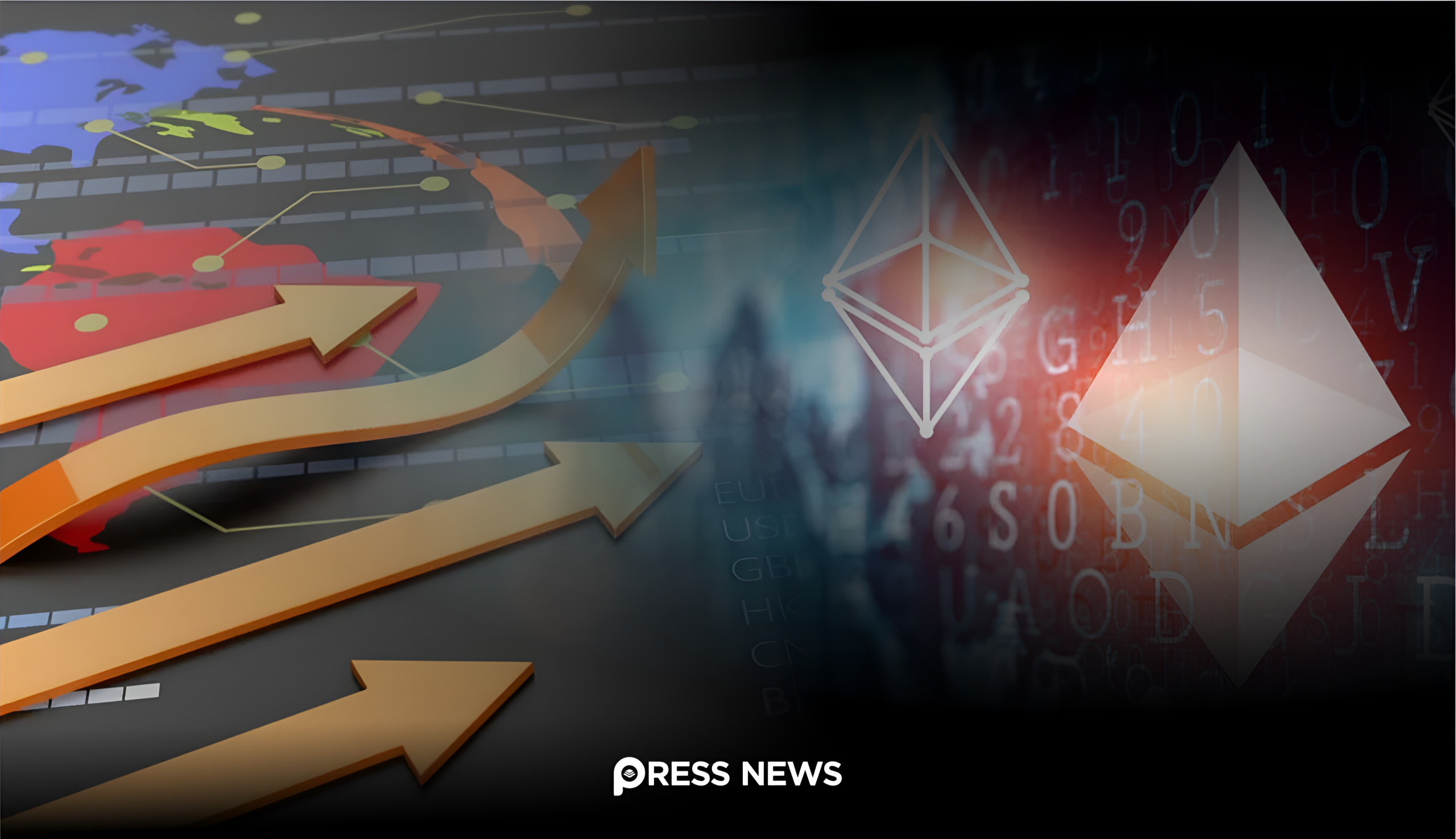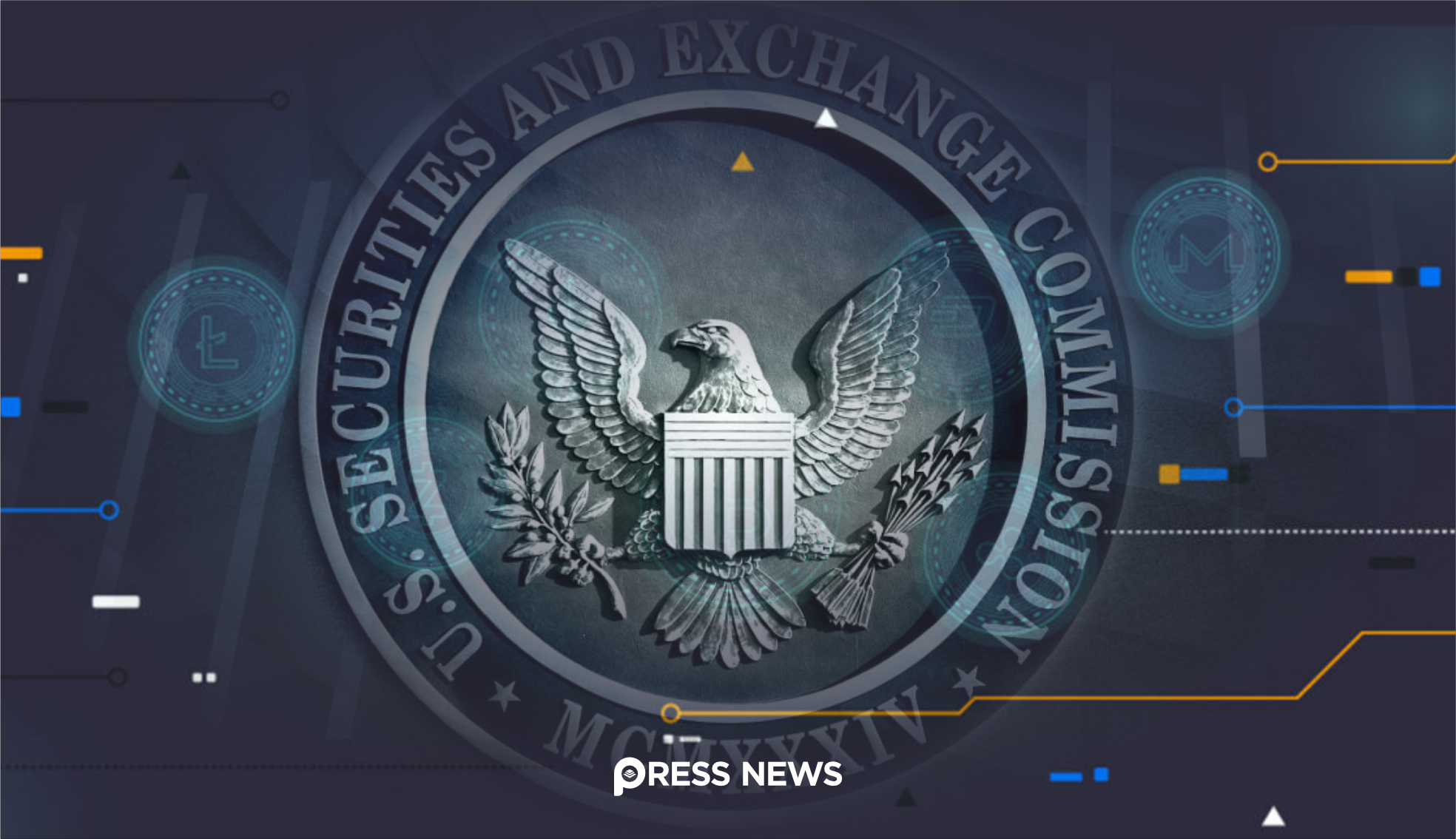Hedera Foundation Partners with The Binary Holdings to Onboard 169 Million+ Users
Pyongyang, North Korea – Cyber Criminals linked to North Korea have reportedly stolen an estimated $1.3 billion in cryptocurrency throughout 2024, marking one of the largest digital heists in history. According to blockchain analytics firms and government agencies, these cyberattacks have primarily targeted decentralized finance (DeFi) platforms, cryptocurrency exchanges, and private wallets worldwide. The scale of these operations has further highlighted the vulnerabilities within the digital asset ecosystem, raising concerns among investors and global regulatory bodies.
Sophisticated Tactics and Growing Cyber Threat
North Korea’s cyber operations, particularly those conducted by the infamous Lazarus Group, have evolved in sophistication. Utilizing phishing schemes, malware attacks, and vulnerabilities in smart contracts, these hackers have successfully infiltrated multiple platforms, siphoning vast sums of digital assets (Source: Chainalysis).
Cybersecurity experts note that North Korean hackers increasingly employ social engineering tactics, impersonating legitimate developers, investors, and recruiters to gain access to sensitive systems. By embedding malicious code in seemingly legitimate software updates and exploiting zero-day vulnerabilities, these cybercriminals can execute large-scale thefts before security teams detect the breach. The use of mixers, tumblers, and privacy-focused cryptocurrencies has further complicated efforts to trace stolen assets.
“The scale and complexity of these attacks indicate a high level of coordination and expertise,” said a cybersecurity analyst at Elliptic. “North Korean hackers are not just stealing funds but are also laundering them through intricate networks of mixers and decentralized protocols” (Source: Elliptic). Reports suggest that North Korea uses its stolen digital assets to fund its military programs, evading international sanctions and restrictions.
Impact on Global Crypto Markets
The growing frequency of these thefts has heightened concerns about security within the cryptocurrency industry. Exchanges and DeFi projects have been forced to strengthen their security protocols, while regulators worldwide are increasing scrutiny on digital asset transactions to combat illicit activities. The United Nations has expressed concerns that stolen funds are being used to finance North Korea’s nuclear weapons program, escalating geopolitical tensions (Source: United Nations Report).
As a result, major cryptocurrency platforms have begun implementing stricter compliance measures, including multi-signature authentication, enhanced Know Your Customer (KYC) policies, and AI-driven fraud detection systems. These measures aim to curb illicit activity and make it more difficult for bad actors to launder stolen assets. However, North Korea’s ability to adapt quickly to new security protocols continues to pose a challenge to regulators and cybersecurity firms.
In response to these threats, U.S. and European authorities have imposed sanctions on crypto services allegedly linked to North Korean money laundering operations. Major exchanges have also enhanced their anti-money laundering (AML) measures and frozen suspicious transactions tied to North Korean entities. Blockchain analytics firms are working closely with financial institutions to track illicit transactions, but the decentralized nature of the cryptocurrency market makes enforcement efforts particularly challenging (Source: Reuters).
Future Countermeasures and Industry Reforms
Despite increasing regulatory efforts, North Korea’s cybercrime network remains a formidable challenge. Experts emphasize the need for international collaboration, stronger cybersecurity frameworks, and enhanced blockchain forensic capabilities to mitigate further attacks. Global law enforcement agencies, including Interpol and the FBI, are ramping up their efforts to dismantle state-sponsored hacking groups and seize illicitly obtained digital assets.
One proposed solution is the development of more sophisticated blockchain monitoring tools that can identify suspicious patterns in real time. Industry leaders are also advocating for increased regulation of decentralized exchanges, which have become prime targets for money laundering activities due to their minimal compliance requirements.
As the cryptocurrency industry matures, security will remain a top priority to safeguard against state-sponsored hacking groups and other illicit activities. Some countries are considering implementing new legislation requiring blockchain developers to incorporate security features directly into smart contract coding, potentially reducing vulnerabilities that hackers exploit.
With stolen funds reaching unprecedented levels, global enforcement agencies and the crypto sector must adapt swiftly to curb financial crimes and prevent further exploitation of blockchain technology for illicit purposes. While regulatory measures and technological innovations continue to evolve, experts warn that without coordinated international action, North Korea’s cyber operations will likely persist and expand in scope.


 Press Labs Inc.
Press Labs Inc. 








